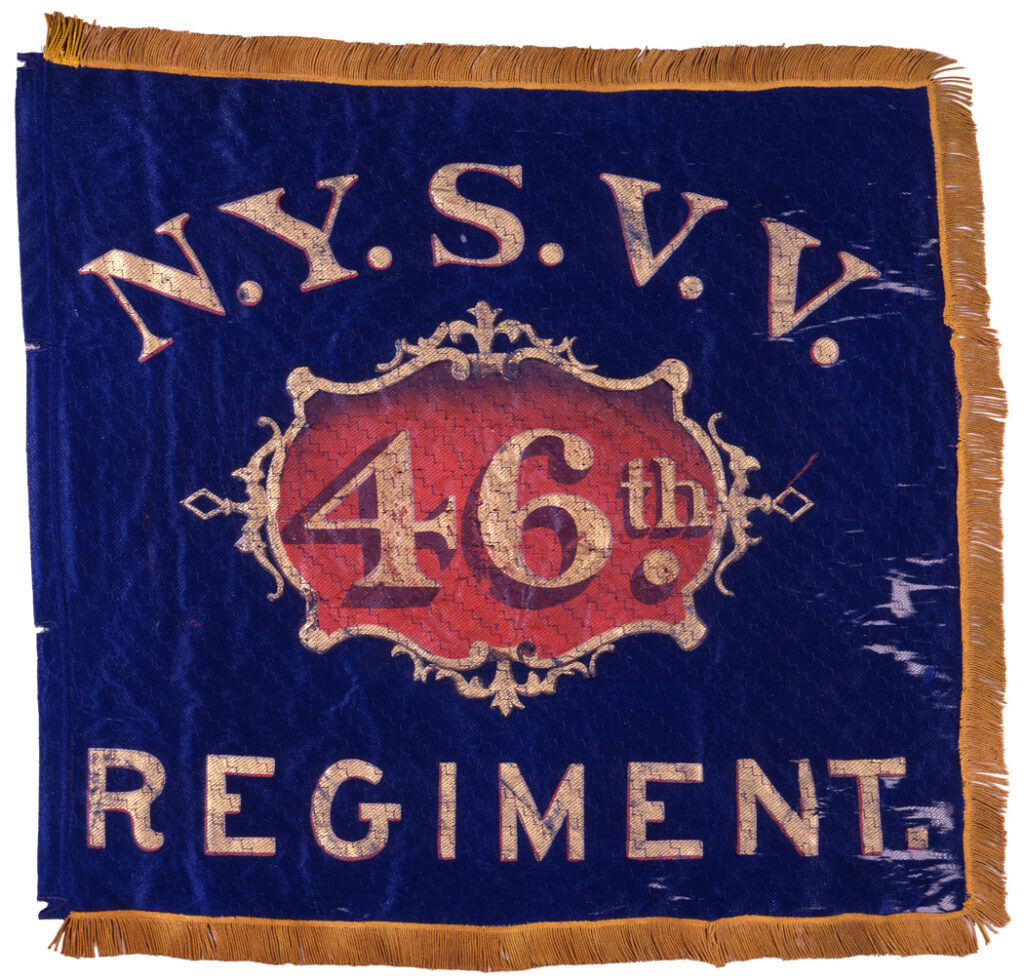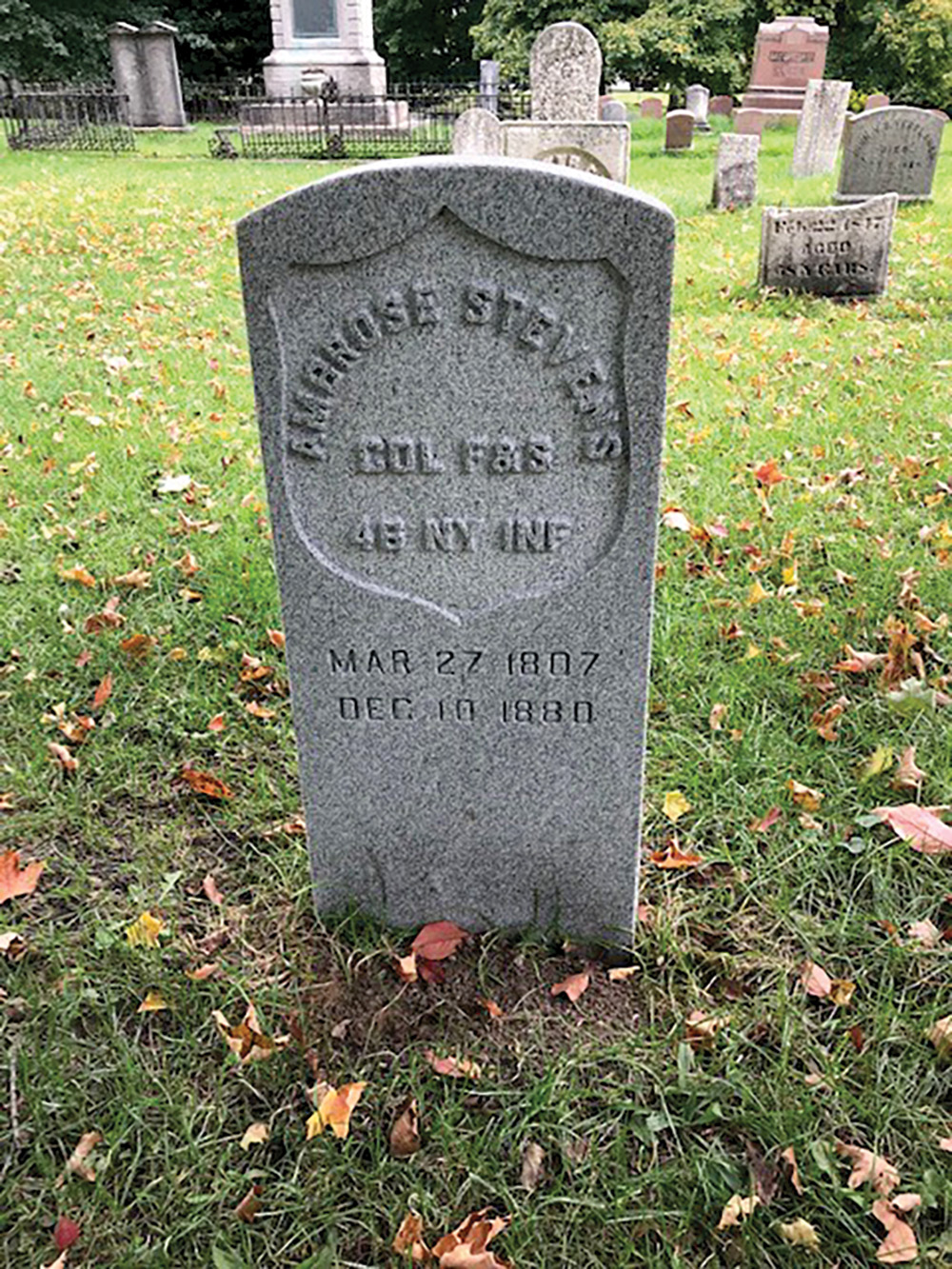When Colonel Ambrose Stevens died in 1880, a correspondent with The New York Times wrote: “[W]ith him have probably died some most interesting chapters of the unwritten and secret history of the War of the Rebellion.” In 1872, when that correspondent met Stevens at a veterans reunion at the Judson House in Lockport, N.Y., the colonel revealed to him “a very curious and rather startling episode of the war,” claiming Confederate agents had planned to assassinate President Abraham Lincoln five months before John Wilkes Booth did in April 1865.
Stevens had no military experience before the war but studied law, was fluent in several languages, and served as a representative in the New York General Assembly. He was also one of the top breeders of fine cattle serving the United States and Europe, praised by The New York Herald as an “authority upon all questions of fine stock raising, and…considered the best informed man in the world on short-horned pedigrees.”
He entered the war on May 7, 1864, joining the 46th New York Infantry as a major just prior to the Battle of Spotsylvania. By the end of the month, he had been promoted to lieutenant colonel and assigned to Maj. Gen. John A. Dix’s staff.
In July, Confederate agents and commissioners tried to arrange a peace conference at the Clifton House on the Canadian side of Niagara Falls. Stevens claimed that he received permission from Dix to go undercover and investigate the Southern sympathizers.

When he arrived, he mingled with Confederate agents and Northern Copperheads, passing as one of them, known as a prominent Democrat and for having many acquaintances in the South. Fortunately, none of them was aware he was working for General Dix.
Allegedly, one of the men recognized Stevens and, after a long conversation, invited him to his room. There, under a pledge of secrecy, he revealed to Stevens that some of them planned to assassinate Lincoln the night before the November election. They hoped it would allow George B. McClellan, the Democratic candidate for president, to win the election and end the war.
Stevens rushed back to New York and reported what he had learned to Dix. The general in turn passed the intelligence on to Lincoln. According to Stevens, Lincoln preferred news of the plot not be leaked to the press, believing it would do more harm than good. It would remain a secret.
Finally in 1875, the aforementioned correspondent claimed in his New York Times article: “The story is truly an extraordinary one, but, considering the time, the situation, the position of the narrator, and some of the events the following April [1865], I fully believe it.”
The correspondent wouldn’t reveal Stevens’ identity, however, declaring that he “did not feel at liberty at that time to mention the name of my informant.”
On December 10, 1880, Stevens passed away at the age of 73 and was interred in Batavia Cemetery in Batavia, N.Y. He would take to the grave the truth of that alleged Lincoln assassination plot.






